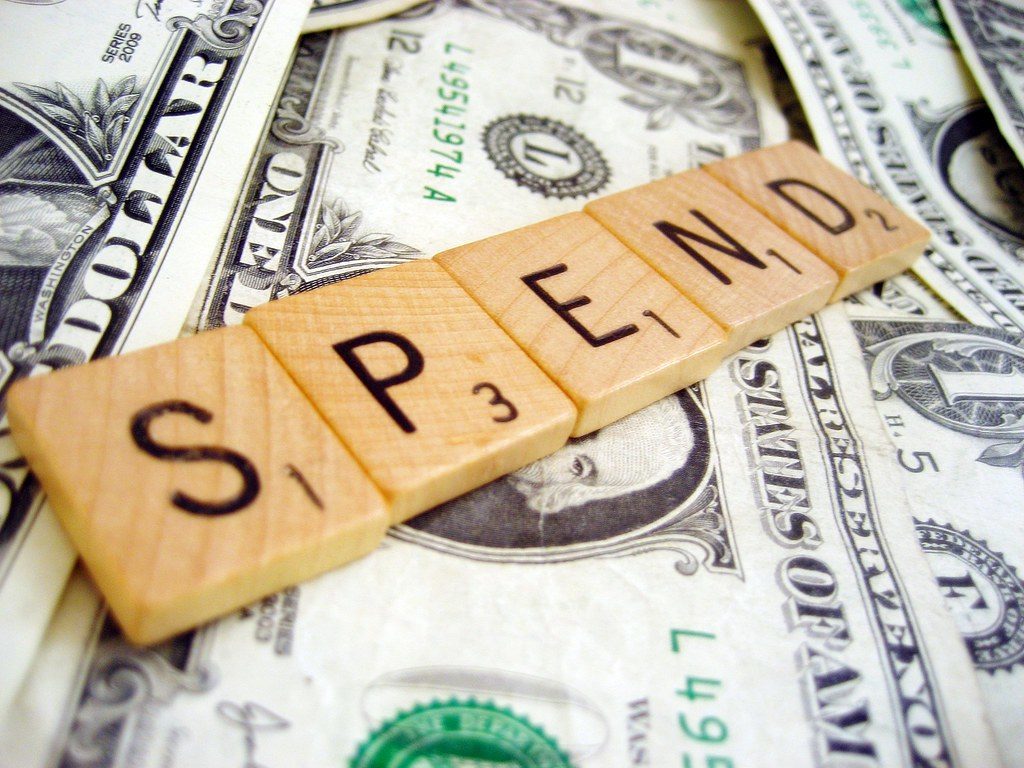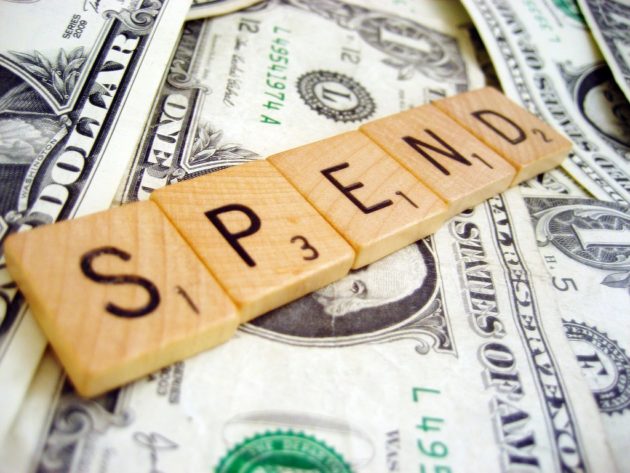
Extra expenses always have a way of creeping into your finances, stressing out your budget and derailing your savings plan. This is a familiar situation for more than half the population. However, it is also important to stay on top of your finances so that you keep track of what you’re spending money on – and putting a stop to those needless purchases.
If you are worried about your spending habits and would like to control where the proceeds of your paycheck go every month, this article is for you.
Have A Budget
This is virtually the first step in taking control of your spending. Most people don’t budget because they don’t want to deal with the boring process of outlining expenses, crunching the numbers and sticking to a detailed plan of action. Others avoid budgeting simply because they don’t know how to.
Regardless of your reason for putting it off, budgeting is vital for your financial security as it helps you save money, meet your financial goals and be prepared for the future. There are many apps to help you create a realistic budget for your household. The important thing, however, is that it is up to you to stick to your monthly budget and avoid the temptation to spend on non-budget items.
Use More Cash and Less Card
Credit and debit cards are a good thing, but the ‘swipe it and forget about it’ mentality has done a lot to harm people’s finances. Armed with a credit card, you can easily buy the things you need (and the things you don’t) in the false confidence that you have a limitless supply of cash. Sadly for most people, the reality of their frivolous spending only becomes clear when it’s time to pay up.
To avoid the credit card trap, use cash more often for purchases. A good idea is to withdraw cash that will last you for the week, distribute it in different envelopes marked with the name of the expenses, e.g., groceries, transportation, entertainment, etc. Once you run out of cash for a particular category of expenses, you stop spending unless it is a necessary expense.
Combine Your Accounts
Banks and credit card companies are one way that you could be spending money without even realising it. For example, if you have multiple current accounts with different banks, you pay these banks their standard rate whenever you do a chargeable transaction. This is not just expensive but also confusing.
A better idea could be to have your accounts in one place to reduce the amount of money you spend on bank charges. So, instead of running three current accounts in three different banks, you can simply operate one current account with a bank.
This also makes it much easier to keep on top of all of your money as some banks offer handy apps where to manage your savings and current account both at the same time. Everything from savings to daily transactions to money transfers – all controlled from the same place. This makes it easy to keep track of your expenses and will make managing money on the go and budgeting for the month much easier.
Set Up Automatic Payment
You probably have a slew of payments due every month, so you must stay on top of how they get paid.
Phone bills, utilities, insurance, and rent are some of the expenses that come up every month, and creating an automatic payment system for them will help you stay on top of payments and avoid delays that may result in penalties. These can often be set up in the form of direct debits or standing orders that can be altered to suit your recipient, sum and frequency needs.
Most banks have an automatic payment feature for account holders, so this is something you can set up and forget about, resting assured in the knowledge that you won’t miss any further payments.
